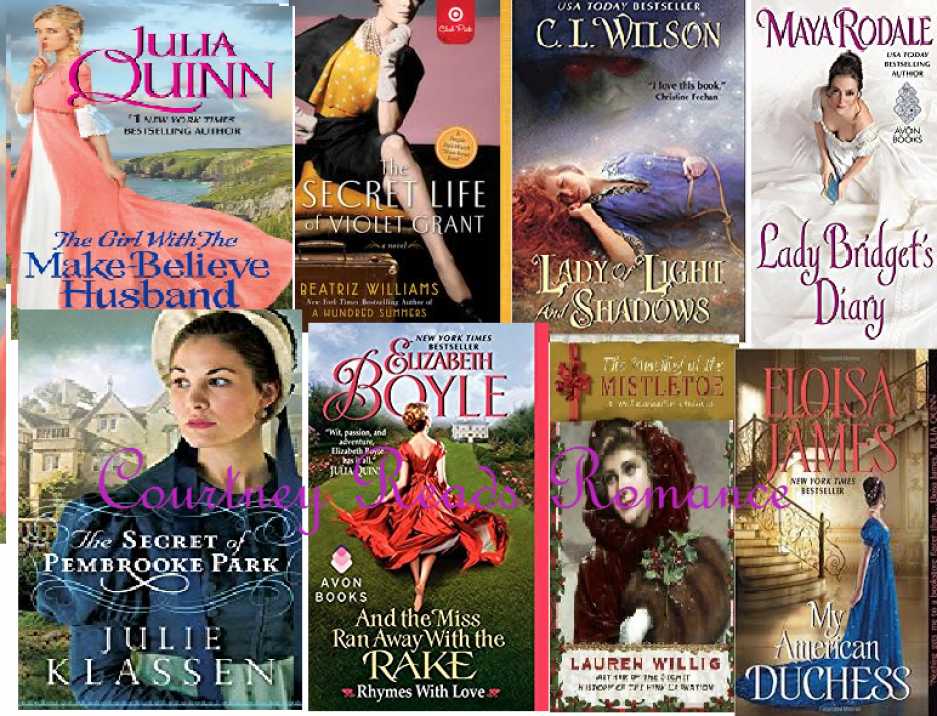Despite condemning censorship on many occasions in my library school classes, I continue to find it hard to look at cases of censorship within romance from an objective point of view. Despite adopting an “if you enjoy it, read it” attitude toward Jude Deveraux’s The Black Lyon and other classic “bodice-rippers,” I found myself with my foot in my mouth when I expressed an ambivalent opinion on Barnes & Noble/Nook Press removing erotica titles that were reportedly in violation of their new content policy that a fellow member of the Old School Romance Book Club posted. I started off on the wrong foot, expressing my more “conservative” opinions about the content I would like to see. I also expressed that I felt that if a book was glorifying illegal behavior, then a business has a right to remove it. But I also thought that authors should be made aware of the policy changes, instead of being expected to just “be aware.”
I was swiftly crucified for this “Switzerland”-esque response, with the original poster responding with a question of “Where do we draw the line?” bringing up some of the famous classic bodice-rippers and asking if they should be censored as well. Another focused solely on the fact that I expressed conservative reading tastes, and informed me that some people aren’t.
I was perplexed for a bit. I have no objection to erotica, as long as everything is consensual and legal, and adopt a “different strokes for different folks” approach there. And upon reviewing their policy, I did note that one of the types of objectionable content includes “obscene or pornographic material.” If an author is being removed for that reason alone, and it seems that some are, then that reeks of bad taste.
The thornier issue, however, is the one I alluded to previously, concerning “illegal content or offensive material,” which includes incest rape, bestiality, necrophilia, paedophilia or content that encourages hate or violence.” I cannot understand people who would be interested in works which glorify this illegal behavior, but to restrict access to or remove this content is censorship, and as the original poster asked, where do we draw the line?
In looking for clarity on this situation, I referred to the ALA’s Freedom to Read Statement. Nearly every line condemns B&N’s behavior in this situation. At one point, it states that “no group has the right to take the law into its own hands, and to impose its own concept of politics or morality upon other members of a democratic society.”
While the press and complaints about these incidents has led B&N to reinstate these authors’ accounts, as stated in the Publishers’ Weekly article, I do hope that talking about it further will cause them to make some changes to their policy.


